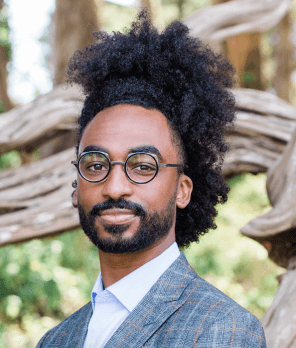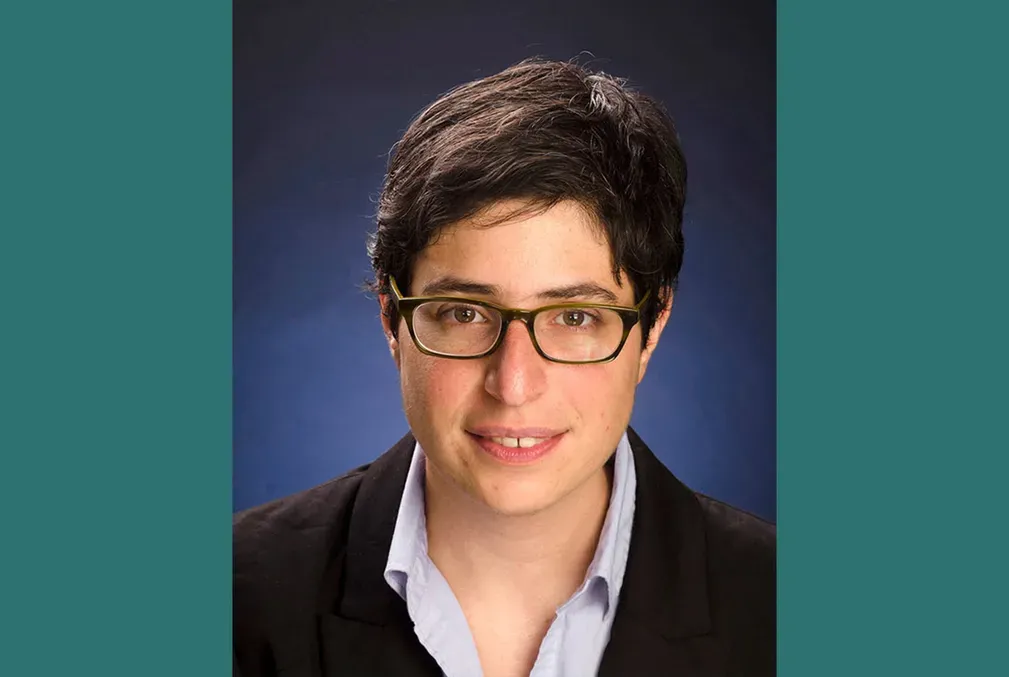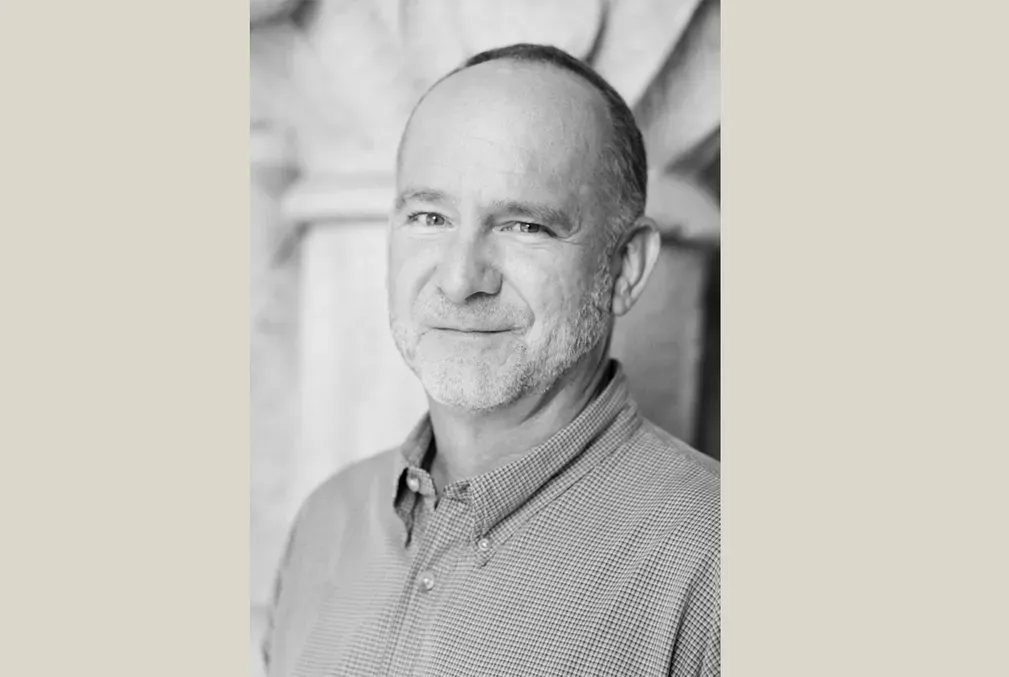Two IDEAL faculty hires in the School of Humanities and Sciences
Destin Jenkins and Alexis Wells-Oghoghomeh will join the Stanford School of Humanities and Sciences faculty
Stanford’s School of Humanities and Sciences (H&S) announces the first of their faculty cluster hires on the impacts of race in the United States as part of the university’s Inclusion, Diversity, Equity and Access in a Learning Environment (IDEAL) initiative. The school welcomes Destin Jenkins to the Department of History and Alexis Wells-Oghoghomeh to the Department of Religious Studies. They will join the H&S faculty as assistant professors on September 1.
“We are very pleased to have these superb scholars join H&S,” said Debra Satz, the Vernon R. and Lysbeth Warren Anderson Dean of the School of Humanities and Sciences. “One of the school’s top priorities is to diversify areas of research and teaching as well as our faculty. Provost Persis Drell has accelerated this goal with the IDEAL initiative, and the university is seeing the results of her vision.”
Jenkins is a scholar in 20th-century U.S. urban history, who studies how financial networks have helped create racial inequalities in U.S. cities. In 2021, he published a monograph, The Bonds of Inequality: Debt and the Making of the American City (University of Chicago Press), and a collection of essays, co-edited with Justin Leroy, Histories of Racial Capitalism (Columbia University Press).
“He builds on our department’s existing strengths in modern history and the history of capitalism,” said Caroline Winterer, the William Robertson Coe Professor of History and American Studies and chair of the Department of History.
Wells-Oghoghomeh specializes in religion, race, gender, and witchcraft in the broader African Atlantic from the 16th through 19th centuries with a particular interest in the religions of enslaved people in the United States. Her book, The Souls of Womenfolk: The Religious Cultures of Enslaved Women in the Lower South, is forthcoming this fall (University of North Carolina Press).
“Alexis will extend the thematic and theoretical range and historical depth of our department's offerings in American religion while strengthening Stanford's American Religions in a Global Context initiative. We could not be more thrilled to welcome her to Stanford,” said Paul Harrison, the George Edwin Burnell Professor of Religious Studies and chair of the department.
In fall 2018, Provost Drell launched the IDEAL initiative to promote diversity, equity, access, and inclusion at Stanford. One of the initiative’s three main goals is to ensure that diverse ideas, experiences, approaches, and identities are represented in the university’s research and teaching mission. As part of this goal, two committees, one in the humanities and social sciences and the other in STEM, have been charged with hiring 10 new faculty in a “cluster hire” focused on the impacts of race in the United States. The appointments of Jenkins and Wells-Oghoghomeh to the Stanford faculty are the initial results of the humanities and social sciences committee’s search. The school expects to make more IDEAL hires in the coming school year.
The selection process for the cluster hires is very rigorous. “The first step for both Jenkins and Wells-Oghoghomeh involved being selected by their respective departments through a national search,” said Claude Steele, the Lucie Stern Professor in the Social Sciences, Emeritus, and co-chair of the Framework Task Force, which was charged with “recommending a new infrastructure at Stanford for the study of race and the impacts of race on society.”
“The second step involved meeting the qualifications established by the cluster hire committee in the humanities and social sciences, which included demonstrating how the candidates’ scholarship, teaching, and service will contribute to campus-wide distinction in the study of race and its impact," said Steele. "These are high bars, and both Jenkins and Wells-Oghoghomeh passed them with great distinction.”
Previously, Jenkins was the Neubauer Family Assistant Professor of History at the University of Chicago. He received his doctorate in U.S. history from Stanford and was a Diversifying Academia, Recruiting Excellence (DARE) doctoral fellow; DARE fellowships are awarded to advanced doctoral students who want to investigate and prepare for academic careers and whose presence will help diversify the professoriate. Wells-Oghoghomeh was an assistant professor in religious studies at Vanderbilt University. She received her doctorate in religion from Emory University and held a Ford Foundation Dissertation Fellowship as well as a Mellon Graduate Teaching Fellowship.
Not all schools teach students about race and racism in the U.S., yet conversations about these topics are sorely needed, Wells-Oghoghomeh explained. “Stanford’s commitment to the study of race and religion in America reflects higher education’s long overdue reckoning with systemic racism and its effects upon how scholars define, produce, and circulate knowledge,” said Wells-Oghoghomeh. “I am proud to join my colleagues in the religious studies department and across the university in amplifying conversations that grapple with the legacies of slavery, colonialism, and racism in the United States and asking questions that reconsider the meaning of ‘justice’ in this historical moment.”
For Jenkins, this is a kind of homecoming. “I couldn’t be more excited to return to Stanford, this time as faculty in the Department of History,” said Jenkins. “Although trained as a U.S. historian, I hope to collaborate with my colleagues whose work focuses on race and the economy in Africa, Latin America, and East Asia, and to develop an exciting program on the study of capitalism.”
Both Jenkins and Wells-Oghoghomeh will teach in the upcoming academic year.
“My winter and spring courses on race, religion, and gender will explore the myriad ways religious structures and discourses have been central to definitions of the person, citizen, and American in the modern era,” said Wells-Oghoghomeh. “I look forward to my students’ ideas, questions, and challenges as we strive to make the spaces we inhabit together more thoughtful, inclusive, and humane.”
“This fall, I will teach Doing the History of Race and Ethnicity,” said Jenkins. “This undergraduate course introduces students to the methods, theories, and frameworks that have been used by scholars to see race and ethnicity as contingent and contested concepts with real world consequences for the distribution of resources, rights, and life chances.”
Increasing opportunities for students to learn about racial inequities and the harmful effects of racial bias is a critical part of bringing the IDEAL initiative to life.
“Destin and Alexis represent the next generation of scholarship about race and ethnicity at Stanford,” said C. Matthew Snipp, the Burnet C. and Mildred Finley Wohlford Professor of Humanities and Sciences in the Department of Sociology and vice provost for faculty development, diversity, and engagement. “They are exceptional researchers and teachers who will inspire countless Stanford students in the future and build on Stanford’s reputation for outstanding programs in the humanities, especially in the area of racial and ethnic studies.”
About the School of Humanities and Sciences
The School of Humanities and Sciences is the foundation of a liberal arts education at Stanford. The school encompasses 23 departments and 25 interdisciplinary programs across the arts, humanities, natural sciences, and social sciences. It is the university's home for applied and fundamental research, where free, open, and critical inquiry is pursued across disciplines.





